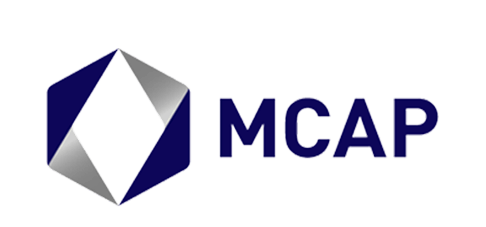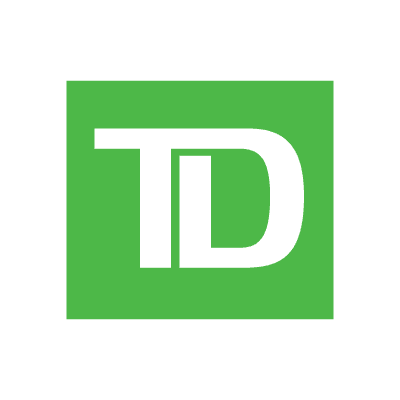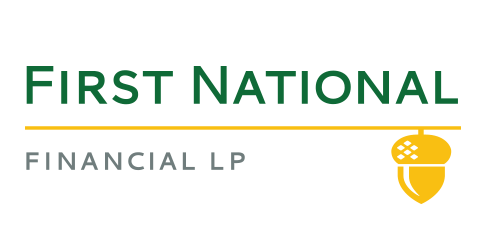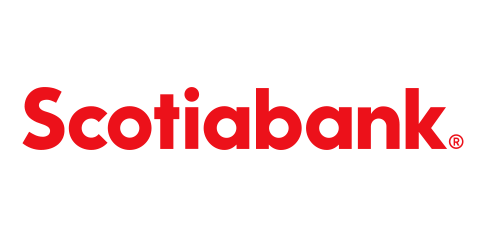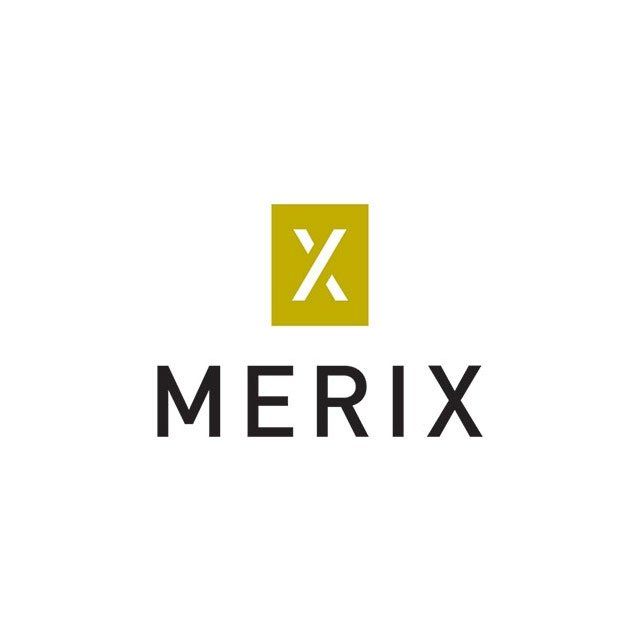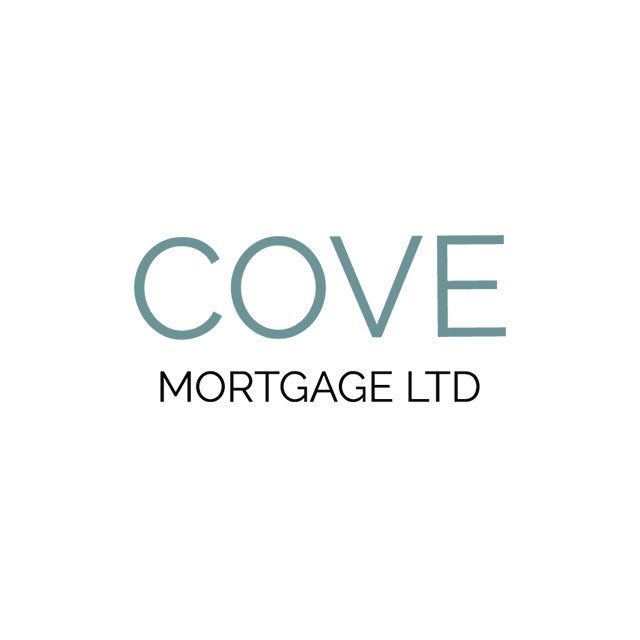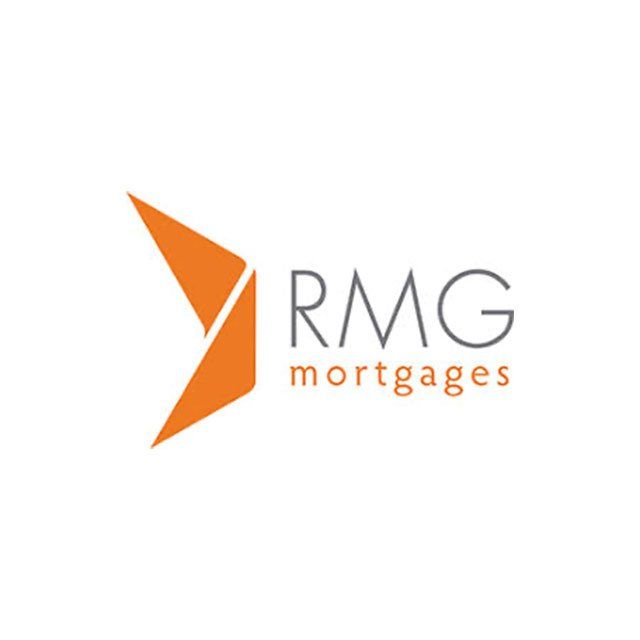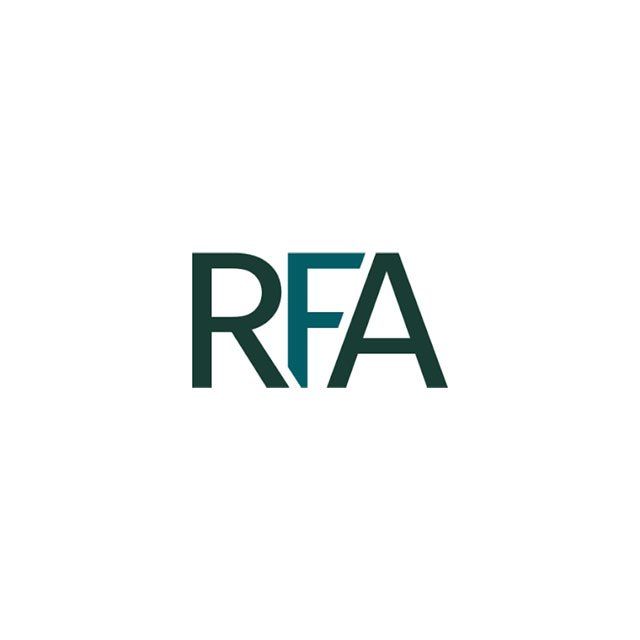Let's Run Some Numbers
Introducing Christine, a seasoned Mortgage Broker who embarked on her journey in 2010 and has been making waves in real estate investment throughout Northern BC since 2005. With an unwavering passion for mortgages, Christine is renowned for her ability to think "outside of the box," consistently delivering innovative solutions. When it comes to qualifying or maximizing cost savings, she prides herself on protecting her clients' interests and making their well-being her utmost priority.
"I believe the role of a Mortgage Broker is to help you explore and understand your available options so you can make your own, educated decisions. Our team is dedicated to providing exceptional and personalized service. Leveraging our extensive knowledge and experience, we create tailored mortgage plans and ensure your needs are met at every stage of the process. We work tirelessly on your behalf, having access to a diverse pool of lenders offering a wide range of mortgage products. Building strong relationships is at the core of our values, and we strive to be a continuous resource for our clients long after their mortgage is secured."
Beyond her professional endeavors, Christine finds solace in cherishing precious moments with her family, diving into captivating books, and embracing the wonders of the great outdoors. Whether she's exploring serene nature trails or embarking on exciting adventures, she knows the importance of balancing work and life to nurture her own well-being and maintain a fresh perspective for her clients.
So, if you're seeking a Mortgage Broker who goes above and beyond to ensure your financial success, look no further than Christine. With her expertise, dedication, and commitment to personalized service, she will guide you through the mortgage process and be a trusted partner on your journey. Let's create a solid foundation for your dreams together!
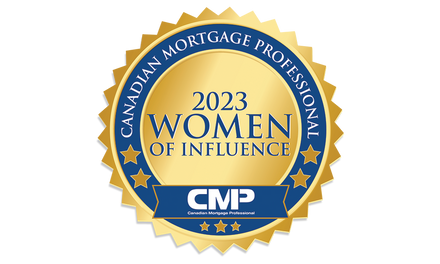
We would love to hear about which stage of the journey you are in.
Mortgages are complicated and we understand that. If you prefer to review your situation in detail together, we are always happy to help.
The mortgage industry is changing quickly.
Watch this short video to learn why it's important to use a mortgage broker.
Mortgage Financing
Whatever your mortgage needs; our team has the knowledge, experience and resources to guide you!
If you're looking to buy your first home, we have all of the tools and resources you need! Check out this page for basic information and contact Christine to start the conversation!
We have a program designed specifically for those who are navigating this often new and uncomfortable journey. Whether you are looking to keep your matrimonial home, to be removed from title or simply to understand your options - contact our team to learn about how Christine’s unique strategies can simplify the process.
Senior Canadians are looking for options. Although a great product for some people, the reverse mortgage isn't your only option into retirement. Let's discuss ALL your options, instead of making assumptions.
If you are looking to refinance, renew or purchase a new home, our team will review your current and future financial goals to ensure you have the best possible strategy to lower your cost of borrowing. Christine’s unique and holistic view of financial structuring and integration is an experience you won’t want to miss!
Whether you are experienced at real estate investing or just looking to get started, Christine is an invaluable resource for information in this area. As a long-time investor herself, she has personally experienced “the good, the bad and the ugly” and will use this deep level of knowledge and experience to help design a plan which will maximize your profits and align with your long term goals
VALUED RELATIONSHIPS
With over a decade of experience, our team has developed excellent relationships with many lenders. Here are a few of our trusted partners:
MORTGAGE ARTICLES









